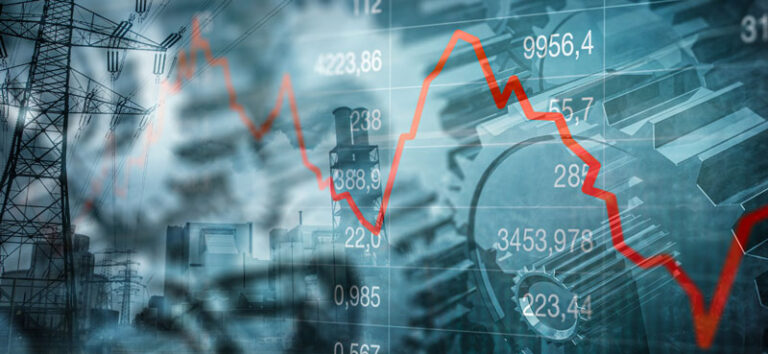Private equity investments have been gaining popularity in recent years as a way to generate high returns on investment. However, success in this arena is not just about making good investment decisions. Economic and political factors play a crucial role in the success or failure of private equity investments.
In this blog, we will examine the impact of economic and political factors on private equity investments. We will discuss how economic indicators such as interest rates, inflation, GDP growth, and unemployment rate affect private equity investments. We will also look at the influence of political factors like government regulations, tax policies, and trade policies.
Overview of Economic Factors
The following economic factors have an impact on private equity investments:
1. Interest rates
Interest rates are a critical economic factor that affects private equity investments. Changes in interest rates influence the cost of borrowing and, subsequently, the valuations of private equity investments. For example, when interest rates rise, borrowing becomes more expensive, which can lead to a decrease in the valuation of private equity investments.
2. Inflation
Inflation is another economic factor that impacts private equity investments. High inflation rates can erode the purchasing power of invested capital and decrease the value of investments over time. Conversely, low inflation rates can increase the purchasing power of invested capital, leading to higher returns on investment.
3. GDP growth
Gross Domestic Product (GDP) growth is an essential measure of a country’s economic performance. A strong GDP growth rate is generally a positive sign for private equity investments, as it indicates a growing economy and a thriving business environment.
4. Unemployment rate
The unemployment rate is another crucial economic indicator that affects private equity investments. High unemployment rates can negatively impact businesses and decrease the demand for goods and services, leading to lower revenues and lower valuations for private equity investments.
Overview of Political Factors
The following political factors have an impact on private equity investments:
1. Government Regulations
Government regulations can significantly impact private equity investments. Changes in regulations can affect the ease of doing business, impacting the valuations of private equity investments.
2. Tax Policies
Tax policies can also have a significant impact on private equity investments. Tax changes can affect the profitability of investments and can influence the valuations of private equity investments.
3. Trade Policies
Trade policies can also impact private equity investments, particularly for businesses involved in international trade. Changes in trade policies can affect supply chains, production costs, and demand for goods and services, which can impact the valuations of private equity investments.
4. Political Stability
Political stability is another crucial factor that affects private equity investments. Political instability can create uncertainty, which can negatively impact investor sentiment and lead to lower valuations for private equity investments.
In conclusion, economic and political factors play a significant role in the success or failure of private equity investments. Understanding the impact of these factors and implementing best practices to mitigate risks and react to changes can help investors make informed investment decisions in this challenging landscape.

0 Comments